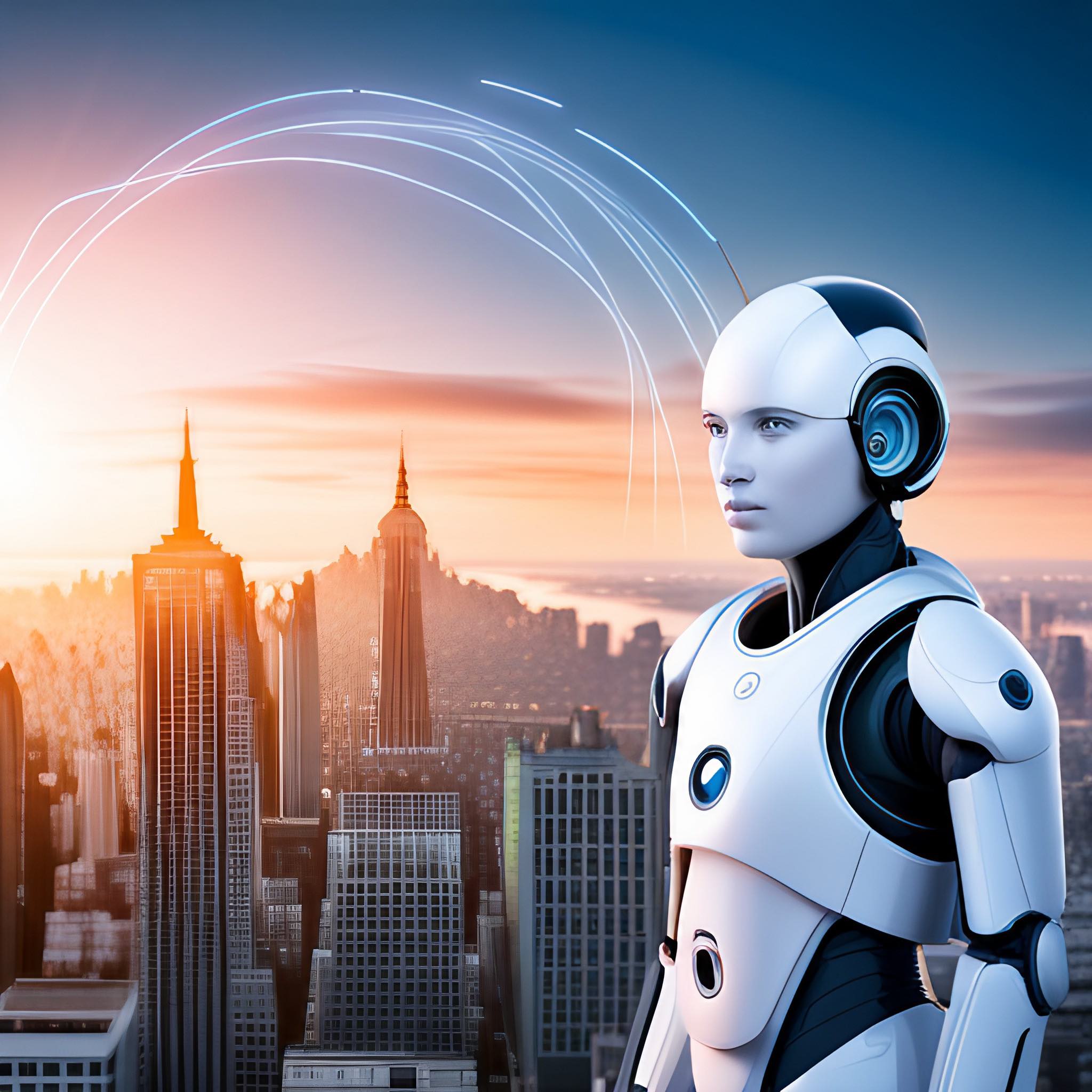Artificial intelligence (AI) is reshaping our world at an unprecedented pace, leaving us with questions about how it will impact our livelihoods. In a recent article by Álvaro Rattinger, CEO of Merca2.0, he delves into potential scenarios that may define our future as AI becomes more ingrained in the labor market. From the prospects of universal basic income to an attention-based economy, Rattinger presents insightful perspectives on the evolving landscape.
Future Implications of Artificial Intelligence and Universal Basic Income
Rattinger’s article sheds light on the idea that governments worldwide might be compelled to introduce some form of universal basic income (UBI) to address the societal implications of widespread job automation. This notion, which is gaining traction in numerous countries, is already more prevalent than many realize. Rattinger highlights Mexico as an example, where government programs aimed at ensuring the well-being of households already benefit 71 percent of the country’s 35 million households. With plans to expand coverage to 100 percent, the increasing difficulty in accessing well-paying jobs for young people is a driving force behind this shift.
While Rattinger acknowledges the importance of such social programs for ensuring stability, he also voices his concerns about their limitations. Social programs are designed to meet the basic needs of families but fall short in fulfilling the natural ambitions and aspirations of individuals. Rattinger argues that relying solely on programs like Mexico’s “Jóvenes Construyendo el Futuro” (Youth Building the Future) is unlikely to lead to significant personal economic growth, emphasizing the need for alternative solutions.
Another scenario Rattinger explores is the possibility of governments increasing taxes on the wealthiest individuals or the largest corporations globally. Initiatives in both Mexico and the United States have already been proposed to address wealth inequality. Rattinger cites Investor’s Business Daily, revealing that a mere 13 non-financial companies in the S&P 500, including tech giants such as Apple, Google, and Microsoft, possess over a trillion dollars in cash and investments. While dividing this wealth among the global population seems enticing, Rattinger points out the complexities of such an approach. Taxes are typically applied to income rather than company reserves, making it difficult to redistribute wealth effectively.
Lastly, Rattinger examines the concept of an attention-based economy, drawing parallels to the thought-provoking “Fifteen Million Merits” episode of the popular show “Black Mirror.” In this episode, humans are required to generate energy by pedaling on bicycles, which is then used to consume content. While modern society indeed thrives on attention, Rattinger questions the feasibility of reconciling an attention-based economy with the notion of a universal basic income. The potential outcome would only perpetuate the transfer of income from the government to individuals, ultimately flowing back into the hands of large corporations. Rattinger deems this path as impractical and potentially perilous in terms of social impact.
As we stand at the precipice of a transformative AI era, Rattinger’s article prompts us to consider the potential future implications. While the exact path forward remains uncertain, it is vital to engage in open discussions and explore innovative solutions that address the challenges posed by AI. As AI continues to revolutionize industries and reshape economies, it is our responsibility to envision a future where the benefits are distributed equitably and where the potential risks are mitigated.







